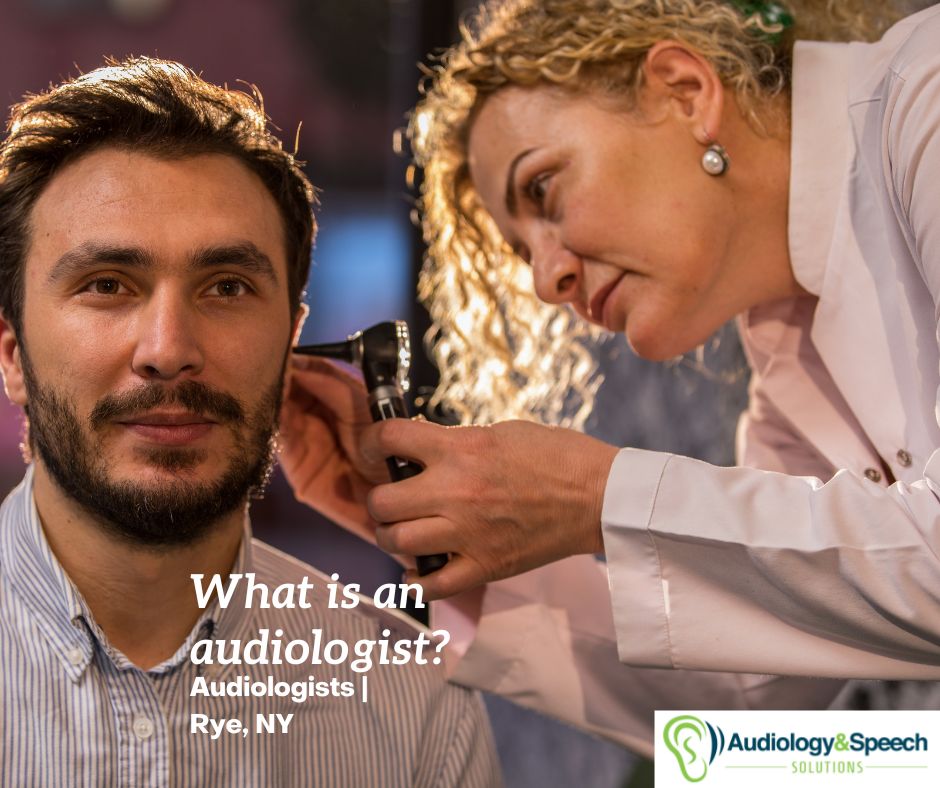When you experience some trouble hearing, it can affect your life in so many ways. Your relationships may be affected, your confidence might waver, and you might find yourself withdrawing from social gatherings.
Fortunately, there are audiologists who can help diagnose and treat hearing problems. An audiologist is a licensed healthcare professional who specializes in the diagnosis, treatment, and management of hearing and balance disorders.
Audiologists are trained to evaluate, diagnose, and treat a variety of hearing and balance disorders for patients of all ages. Audiologists may also handle related medical concerns such as tinnitus, auditory processing disorders, vertigo, and hyperacusis.
Education and Training
Audiologists need to complete a master’s or doctoral degree in audiology. It typically takes four to six years to complete an audiology degree.
Education and training for audiologists cover topics such as hearing and balance assessments, anatomy and physiology of the ears, and hearing aid technology. Since audiologists work closely with patients and their loved ones to address various hearing and balance concerns, they also receive extensive training in counseling and communication skills.
Certification and Licensing
Aside from completing the educational requirements to practice, audiologists must also pass a national exam and apply for a license from the state in which they wish to practice.
Many audiologists also choose to pursue additional certification from professional organizations such as the American Speech-Language-Hearing Association (ASHA) or the American Board of Audiology.
Roles and Responsibilities of Audiologists
The roles and responsibilities of an audiologist involve various tasks such as:
- Conducting hearing evaluations: Audiologists are trained to conduct a series of tests to determine the type and extent of hearing loss. There are various sets of hearing tests available, and audiologists are trained to administer these tests to patients, from infants to the elderly. These tests include tympanometry, speech audiometry, and middle-ear evaluations.
- Perform balance assessments: Audiologists can also evaluate patients who complain of balance disorders. The sense of hearing usually goes hand in hand with the sense of balance, which is why it is only fitting that audiologists also have the knowledge and training to diagnose and treat balance disorders.
- Treatment and management of hearing and balance disorders: After the diagnosis, an audiologist will develop a customized treatment plan to address each patient’s unique needs. Treatment options may include hearing aids, cochlear implants, speech therapy, or assistive listening devices.
- Counseling and education: Audiologists also play an integral role in providing reliable information and support to patients and their families about hearing loss and balance disorders.
- Research and advocacy: The hearing health industry is continuously taking steps towards research and development, resulting in groundbreaking innovations in the form of new hearing aid models and communication techniques.
Audiologists may be involved or even spearhead research studies to develop new intervention approaches and technologies to address hearing and balance disorders.
Audiologists in Rye, NY
In summary, audiologists are highly trained healthcare professionals who are trained in the diagnosis, treatment, and management of hearing and balance disorders.
Audiologists play an integral role in helping people of all ages maintain or protect their hearing health and overall quality of life.
If you or someone you know is experiencing hearing loss or balance problems, we highly encourage scheduling a consultation with an audiologist.
Audiologists at Audiology and Speech Solutions can provide professional guidance and support to help address or manage these conditions and improve overall health and well-being.
Contact us today to schedule an appointment with an audiologist in Rye, NY!

